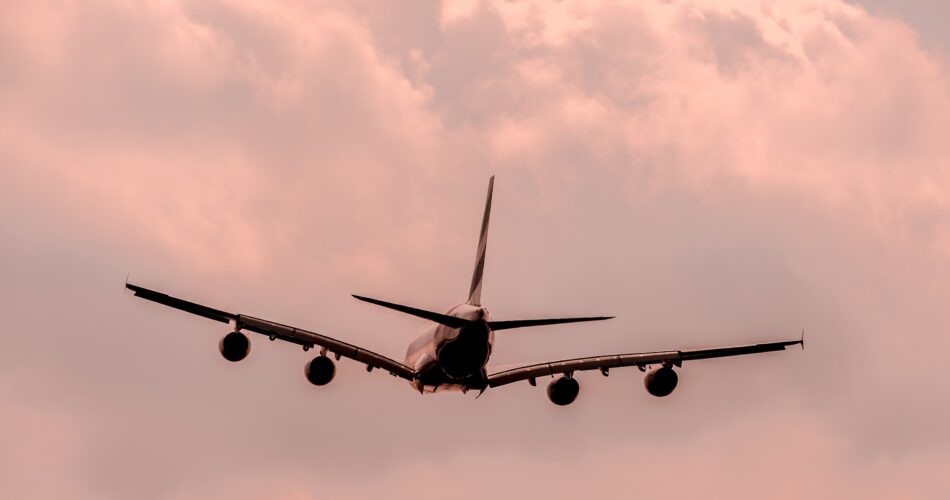Travelling is the best way to create some memories before your little one arrives. Air travel may be safe depending on which stage you are in the pregnancy and any other preexisting medical conditions.
According to National Library of Medicine research, the finding suggest that there were no differences in gestational age at delivery, neonatal birth weight, preterm delivery, preeclampsia or cumulative adverse obstetric outcome between those who air travelled and who did not.
If you have a perfectly healthy uncomplicated pregnancy, travelling after 36 weeks with single fetus and after 32 weeks with twins or multiples is risky. Plan to travel before you reach this point. Many airlines ask for a letter of pregnancy risk level, to check if it is a complicated case or a normal one.
Check with Airlines
Before making arrangements, call airlines to see if they require any documents from doctor. If you are past 28 weeks, many airlines require a letter stating you are fit to travel and having a healthy pregnancy.
Swelling and discomfort
Prolonged periods of immobility can cause swelling in legs and discomfort. This is due to pooling of blood in legs and in turn forming clots in veins. A WHO study has shown that risk of developing clots in veins increases 2 – 3 times after prolonged flights or any other similar travel. Prolonged meaning, here we are talking about anything more than 4 hours.
Clothing
To reduce discomfort, avoid wearing tight fit clothes. opt for loose and free clothing that helps ease discomfort and breathe easily.
Seat belt
Wear seat belt safely. Seat belts are mandatary during the air travel and can be of discomfort during pregnancy. Do not put it on or over the belly, instead wear it low – below the belly.
Plenty of water
Drinking lots of water before and during the flight is best. It helps in keeping you well hydrated.
Radiation
If you are travelling occasionally, the risk of radiation is negligible. Recent Cohort studies state that there is no adverse outcome in pregnancy for occasional air travelers.
Take Breaks
Even in a prolonged flight, it is suggested to take frequent breaks to walk a little bit like taking trips to the bathroom.
When can a new born travel?
Air pressure in cabins change a lot during the travel. It is better to wait until your little one is at least 7 days old, but a fit and healthy baby can travel after 48 hours of birth.
Studies suggest that occasional travelling causes no harm in normal and healthy pregnancy. Travel only when absolutely necessary late in third trimester and prepare for the worst. Trust your instincts, if you feel it’s risky, plan for other alternatives. Happy Pregnancy!



